A Carnal Love of Concepts or a Work of Mercy? The Intellectual Life and the Dominican Vocation
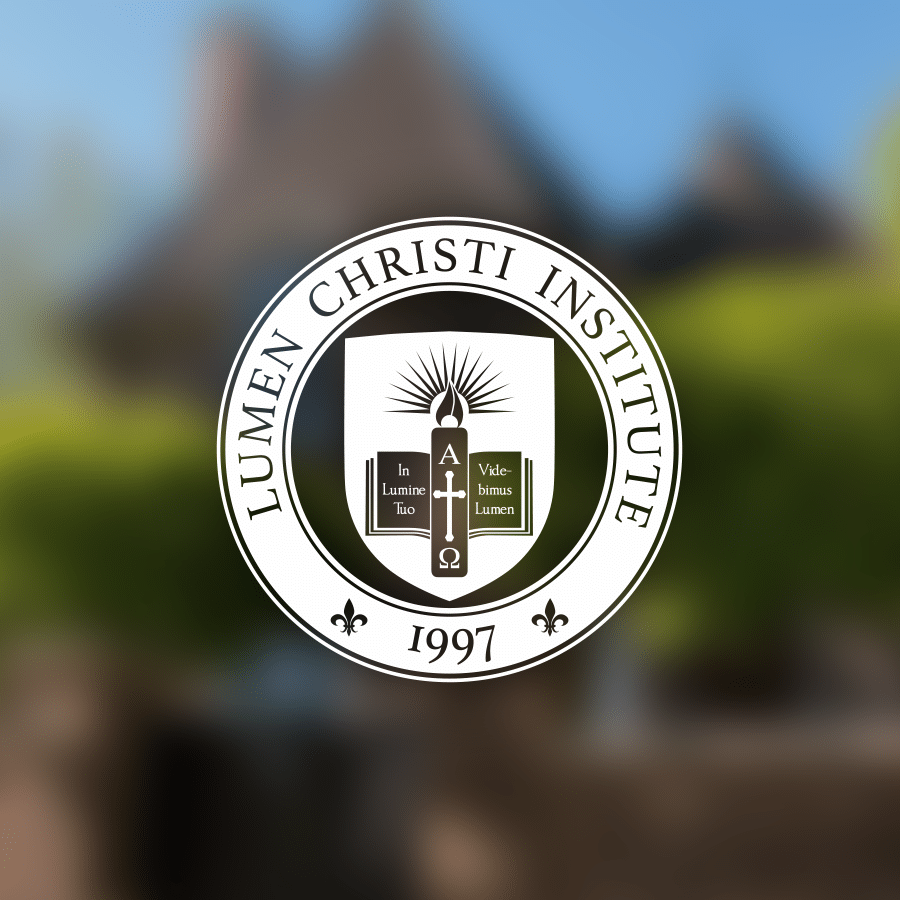
co-sponsored by the Committee on Social Thought and the Program in Medieval Studies In the Order of Preachers (Dominicans), study has a central place as it is an integral part of the religious life itself. What is the aim of studying theology and other sciences within a Christian vocation?
“The Dignity of Being a Substance”
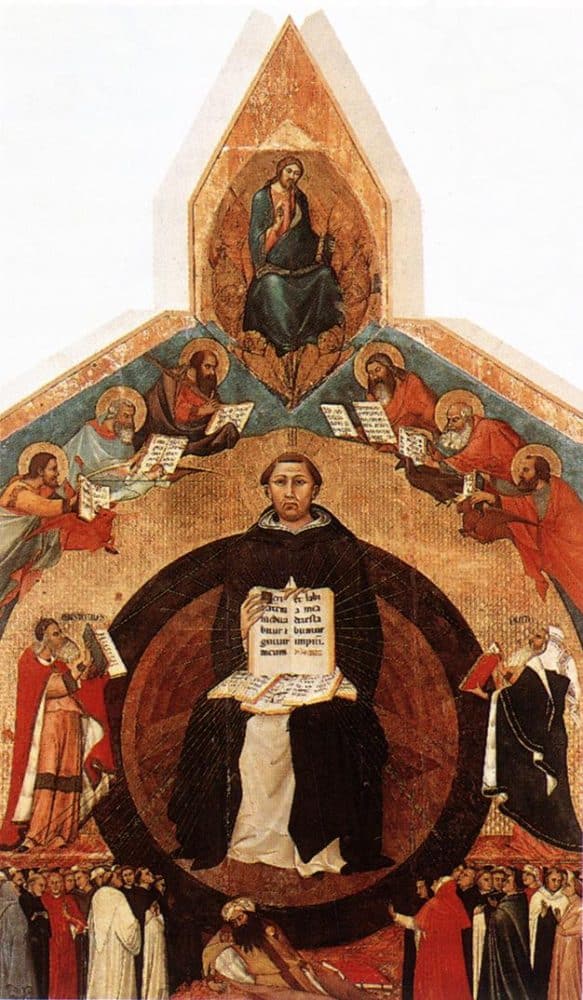
Co-sponsored by the Committee on Social Thought and the Program in Medieval Studies Thomas Aquinas characterized the person as “what is most perfect” and “most worthy” in all of nature. What grounds the dignity of the human being as a person? While in our day a metaphysical approach to the question is undervalued, this lecture attempts to show the value of such an approach in terms of “substance” and “nature.”
“The Importance of Elizabeth Anscombe”

Co-sponsored by the Department of Philosophy TO LISTEN: right click on below links to download or open in new window “The Importance of Elizabeth Anscombe,” Anselm Mueller (part 1) “The Importance of Elizabeth Anscombe,” Anselm Mueller (part 2) “The Importance of Elizabeth Anscombe,” Anselm Mueller (part 3) Elizabeth Anscombe has become known as a pupil and literary executor of Wittgenstein, but also as a defender of conservative views on questions of morality. A. W. Müeller will suggest that she has contributed to current intellectual life in three ways: 1) by initiating a philosophy of action that helps us to argue responsibly about moral…
“From Natural Law to Human Rights in Jewish Thought”

Co-sponsored by the Ethics Club and Jewish Studies and the Hebrew Bible Workshop TO LISTEN: right click on below links to download or open in new window “From Natural Law to Human Rights in Jewish Thought,” David Novak (part 1) “From Natural Law to Human Rights in Jewish Thought,” David Novak (part 2) “From Natural Law to Human Rights in Jewish Thought,” David Novak (part 3)
“Right Reason”

Co-sponsored by the Ancient Philosophy Workshop and the Practical Philosophy Workshop
“Politics as Vocation in Cicero and Burke”
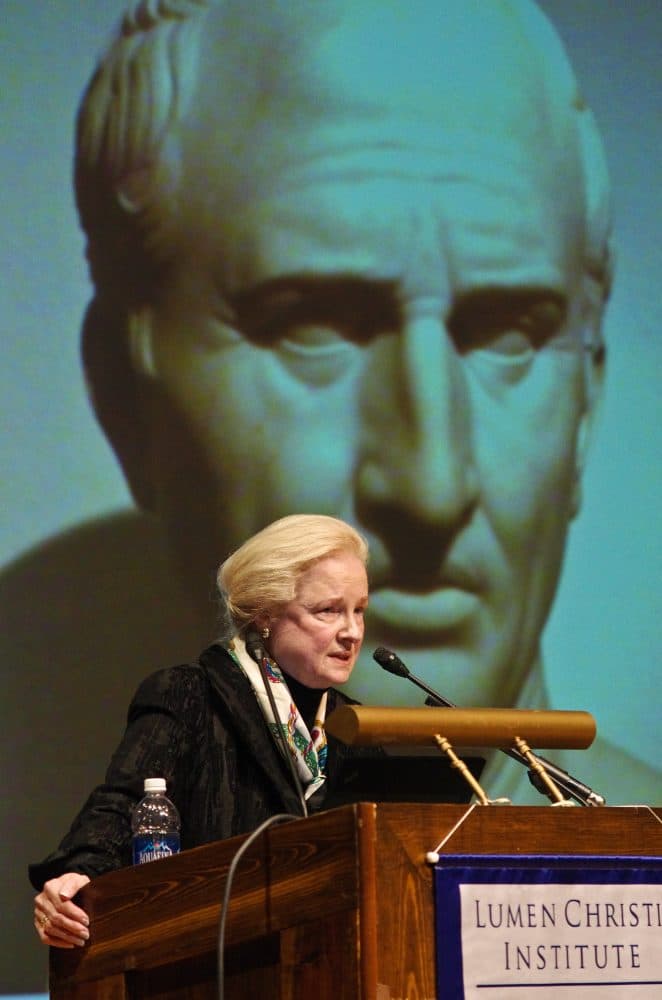
Mary Ann Glendon A.B., J.D., M.C.L., University of Chicago Professor of Law, Harvard University Law School, President, The Pontifical Academy of Social Sciences On the occasion of the publication of her book The Forum and the Tower: How Scholars and Politicians Have Imagined the World, from Plato to Eleanor Roosevelt Co-sponsored by the Committee on Social Thought and the University of Chicago Law School About the Book: As Aristotle noted long ago, two very different and sometimes incompatible ways of life; the political and the philosophical exert a powerful pull on the ambitious and talented members of any society. Mary Ann Glendon, who…
“Platonism and Christianity”
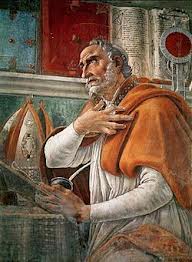
“Phenomenology and Naturalism: Attitude and Objectivity”

Edmund Husserl was a philosopher, mathematician, and founder of the philosophical school of phenomenology. Professor Moran will argue that Husserl was correct to see naturalism as the dominant tendency of twentieth-century science and philosophy. Naturalism can be understood in many different senses, but it is typically defined by its commitment to science as the arbiter of what is objective. Husserl took naturalism to be self-refuting. Moran will discuss Husserl’s arguments, and in particular, the manner in which Husserl redefines ‘objectivity’ within his transcendental idealism, which is his alternative to naturalism. Moran’s lecture will be followed by commentary from Professors Jean-Luc…
“The Identity of Knower and Known in Aquinas”
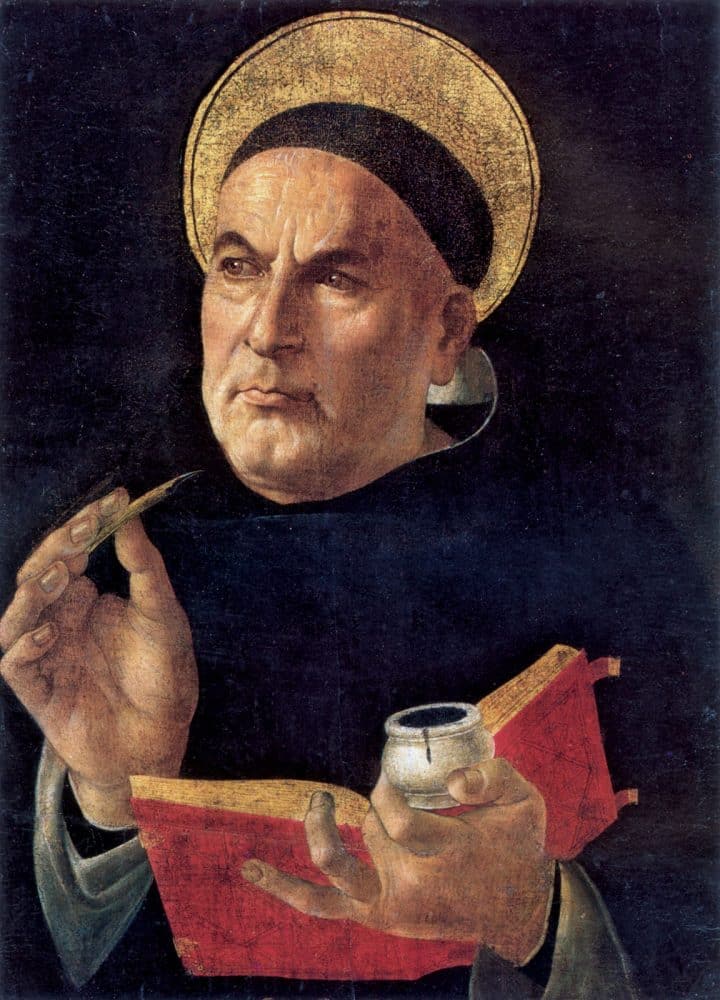
Lecture Abstract: The claim that knowledge involves an identity of knower and known has its historical roots among the Greeks. This lecture explores this claim as one finds it in the writings of St. Thomas Aquinas. Professor O’Callaghan will explore these issues in critical dialogue with two different papers, one by Wilfrid Sellars titled “Being and Being Known” and the other by John McDowell titled “Sellars’s Thomism.”
“The Grand Design: An Augustinian Reply to Stephen Hawking”

Cosponsored by The Theology Workshop Stephen Hawking has recently declared that philosophy is dead, and that science is the only reasonable method for securing knowledge. In response, Professor Cavadini will argue that philosophy is rooted in man’s wonder about the universe, and that scientific inquiry is only one aspect of true wisdom and should not be privileged over others.